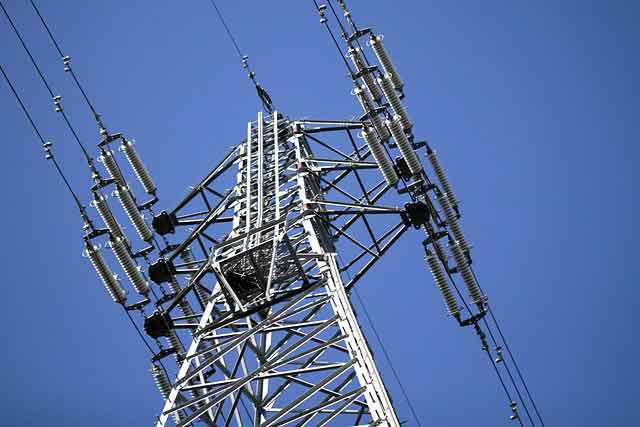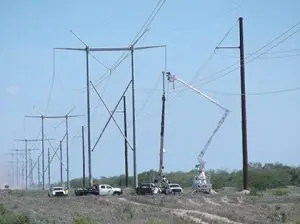Whistler resort one of CanadaÂ’s greenest employers
Launched in 2007, Canada's Greenest Employers is organized by Mediacorp, the nation's largest publisher of employment-related periodicals and online directories, and published in MacleanÂ’s Magazine. This special designation recognizes the employers leading Canada in creating a culture of environmental awareness in their organizations.
“This recognition could only have happened through the commitment of each one of our staff, to whom I am profoundly grateful,” says Arthur DeJong, Whistler Blackcomb’s Mountain Planning and Environmental Resource Manager. “The road to becoming truly sustainable will be long and difficult, however the growing commitment and action at all levels of our company inspire me to believe this is possible.”
Whistler Blackcomb's environmental management strategy began in 1992 and has evolved into a core pillar of the companyÂ’s goals and objectives, company officials maintain. To date Whistler Blackcomb has been recognized 17 times in the last 10 years by a variety of organizations for efforts in working towards sustainability.
The judges recognized Whistler Blackcomb for its largest environmental initiative to date: the Fitzsimmons Creek renewable power project, which will be completed by the end of 2009. This $32 million hydro-electricity project is located entirely within Whistler BlackcombÂ’s operating area, and will produce 33.5 gigawatt hours of hydro electricity per year. This is the equivalent of powering the ski resortÂ’s winter and summer operations including 38 lifts, 17 restaurants, 269 snowguns and countless other buildings and services.
Meanwhile, Whistler Blackcomb has also been operating an aggressive recycling and composting program since 2005, with recycling alone reducing waste by 50 percent. The food and beverage department recycles more than 80 percent of its beverage containers. Efforts to reduce energy consumption through building retrofits, behavioral changes, along with automated and energy efficient equipment conserves more than 4,500,000 kWh of electricity per year, or 16 percent of the ski resort's consumption.
Whistler Blackcomb's bear viewing and ecology tours that operate each summer teach guests about WhistlerÂ’s ecology and encourages them to become environmental stewards in their own communities.
Working closely with the community, the Whistler Blackcomb Habitat Improvement Team (HIT) has been involved in 89 projects since 1997 to restore fish and wildlife habitat. Over the last 10 years, its "Operation Green-Up" program has invested $1.5 million in the protection and restoration of mountain ecosystems at Whistler Blackcomb.
More than 40 Whistler Blackcomb employees participate in a carpool program using company vehicles, saving an estimated 640,000 kilometers of driving or 200 tons of carbon emissions annually. Employees also volunteer for the annual Mountain Clean-Up to clear rubbish off the ski runs during the summer. Many Whistler Blackcomb employees also donate $2 off every paycheck for the Whistler Blackcomb Foundation Environmental Fund, contributing over $40,000 to fund local non-profit environmental groups in the Sea to Sky Corridor.
“WhistlerBlackcomb is very honored to receive this award and thank the judges for this distinction,” continued DeJong. “We also firmly recognize the need to accelerate our actions especially in energy conservation and renewable energy production.”
Related News

Coronavirus could stall a third of new U.S. utility solar this year: report
WASHINGTON - About 5 gigawatts (GW) of big U.S. solar energy projects, enough to power nearly 1 million homes, could suffer delays this year if construction is halted for months due to the coronavirus pandemic, according to a report published on Wednesday.
The forecast, a worst-case scenario laid out in an analysis by energy research firm Wood Mackenzie, would amount to about a third of the utility-scale solar capacity expected to be installed in the United States this year.
The report comes two weeks after the head of the top U.S. solar trade group called the coronavirus pandemic "a crisis here" for…




